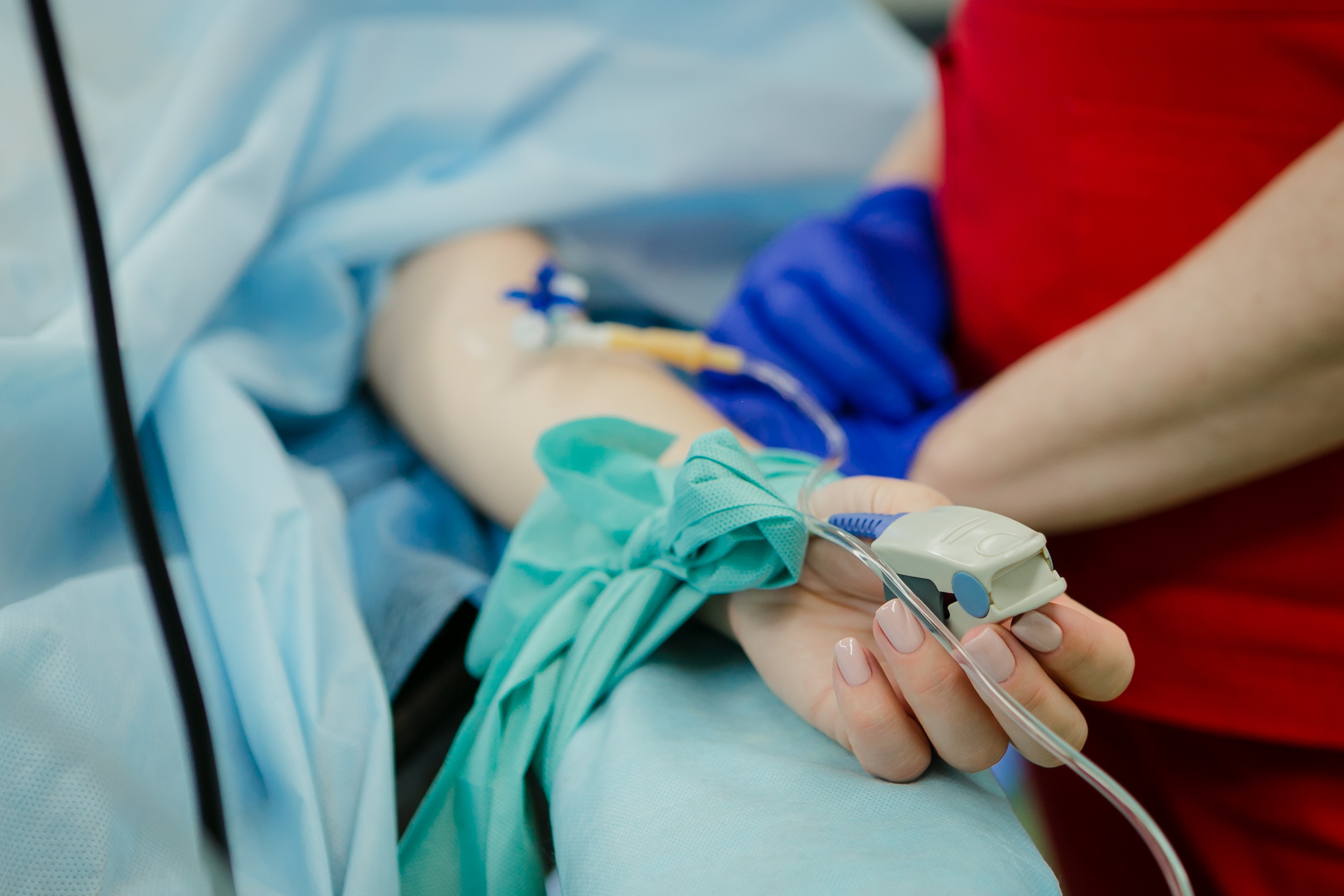
What is chemotherapy?
Chemotherapy is the use of specific drugs to treat cancer. These drugs are able to target cancer throughout the body, compared to other localized treatments such as radiotherapy, which affect only the parts of the body that they are applied to.
Chemotherapy stops cancer cells by poisoning them and killing them or interfering with their ability to divide. This can also affect healthy cells, causing you to feel unwell or be at greater risk of catching other infections.
What forms can chemotherapy take?
Chemotherapy can be administered as
- pills
- injections
- intravenous infusions
- creams
- drugs delivered to an area of the body (e.g. into the abdomen or bladder)
- drugs delivered directly to a tumour (e.g. surgically implanted near a tumour or infused into blood vessels that feed the tumour)
What side effects can chemotherapy cause?
Chemotherapy can cause a range of side effects, including:
- Fever
- Fatigue
- Hair loss
- Brain fog or difficulty thinking and remembering
- Changes to appetite
- Changes to taste
- Bruising and bleeding easily
- Anemia (low red blood cells)
- Nausea and vomiting
- Changes in toilet habits
- Sores in the mouth, tongue or throat
- Nerve or muscle problems (tingling, numbness, pain)
- Changes in weight
- Mood changes
- Changes to libido and sexual function
- Fertility problems
How long do these side effects last?
Most side effects will disappear quickly. However, some may take months or years to fully go away. If the chemotherapy causes long-term damage to other organs, the effects may last a lifetime. If you are concerned about your side effects, you can discuss changes to your treatment plan with your cancer care team. They will be able to suggest ways to reduce discomfort or change the way you are being treated.
How do I deal with these side effects?
- If your doctor has given you medication to reduce your side effects, take it as directed.
- Take medicine to reduce low-grade fevers.
- Wear a hat and use sunscreen to protect your scalp from the sun.
- Use sunscreen and wear long-sleeved tops and long pants/skirts while outdoors.
- Maintain good personal hygiene to avoid infections while your body’s immune system is lowered.
- Eat a balanced diet to give your body the proper nutrition it needs to stay strong.
- If hair loss affects your mood, you may choose to wear wigs, hats or scarves to cover your scalp.
- If your appetite is affected, eat smaller meals throughout the day instead of three main meals.
- Avoid food that is very spicy, strong-smelling, hot or cold.
- Avoid raw foods such as sushi, raw meat, raw eggs and unpasteurised milk.
- Thoroughly wash all fruits and vegetables before eating or cooking.
- Get enough rest
- Get sufficient exercise
- Drink enough water, about 8 – 10 glasses a day.
- Use daily planners and your personal devices to help with memory loss
- Keep your brain active with puzzles, crosswords or reading
- Follow your doctor’s advice on other ways to deal with side effects
When should I get medical attention for chemotherapy side effects?
Get medical attention if you experience any of the following:
- High fever
- Rashes, itching or swelling
- Severe chills
- Unusual pain
- Pain or soreness at your chemo injection site
- Unexplained bleeding or bruising
- Difficulty breathing
- Long-lasting diarrhea or vomiting
- Blood in your urine or feces
Where can I go for support?
Cancer can be frightening. Diagnosis and treatment can bring up all kinds of strong emotions. If you can, you should seek support from
- family members
- friends
- your medical team
- cancer support groups
Conclusion
Chemotherapy causes many different side effects based on the kind of treatment you receive. Learn how to manage your side effects, find support and stay positive. There is a cancer-free future ahead for you!
References
American Cancer Society (2016) Chemotherapy Side Effects [Accessed: 1 Oct 2019] Available at: http://www.cancer.org/treatment/treatments-and-side-effects/treatment-types/chemotherapy/chemotherapy-side-effects.html
Mayo Clinic (2016) Chemotherapy [Accessed: 20 Nov 2019] Available at: https://www.mayoclinic.org/tests-procedures/chemotherapy/about/pac-20385033
UCSF Health (2019) Coping with Chemotherapy [Accessed: 1 Oct 2019] Available at: https://www.ucsfhealth.org/education/coping_with_chemotherapy/
Carol D. (2019) Tips for Managing Chemotherapy Side Effects [Accessed: 1 Oct 2019] Available at: https://www.webmd.com/cancer/tips-for-managing-chemotherapy-side-effects
Cat S. (2016) Advice for Managing the Side Effects of Chemotherapy [Accessed: 1 Oct 2019] Available at: https://www.cancer.net/blog/2016-01/advice-managing-side-effects-chemotherapy
Pancare Foundation (2016) Coping with Chemotherapy: Practical Tips and How to Handle Side Effects [Accessed: 1 Oct 2019] Available at: https://www.pancare.org.au/coping-chemotherapy-practical-tips-handle-side-effects/